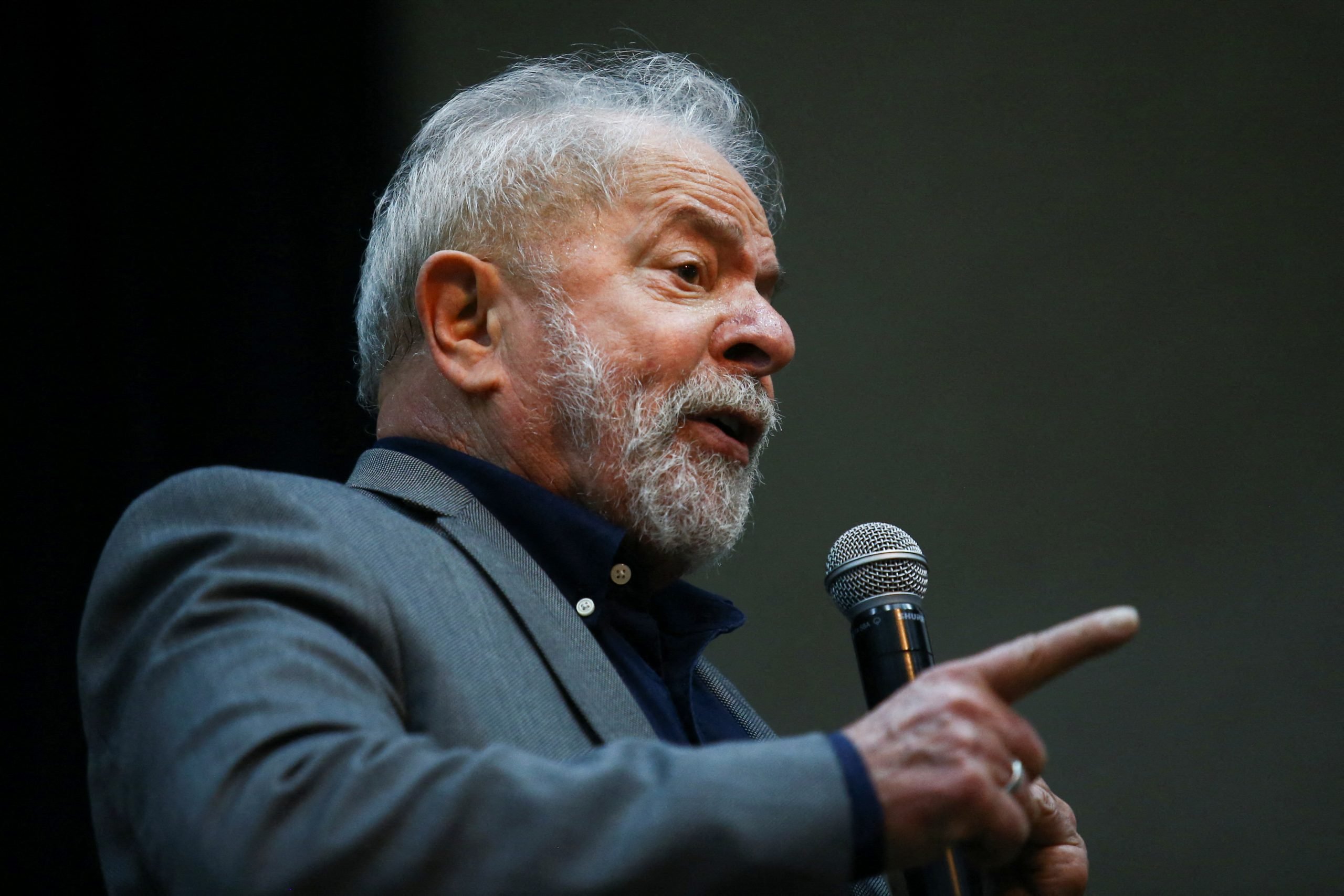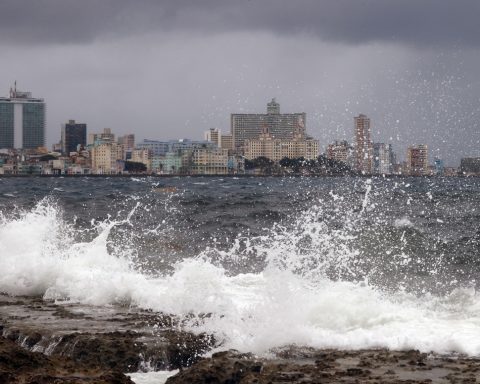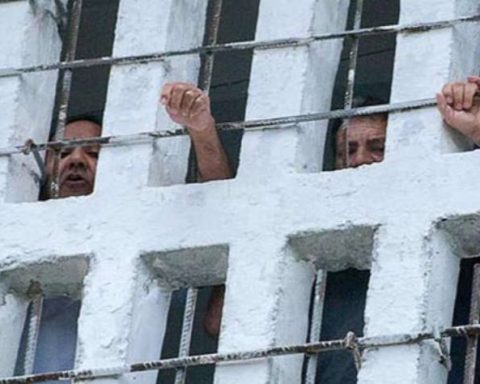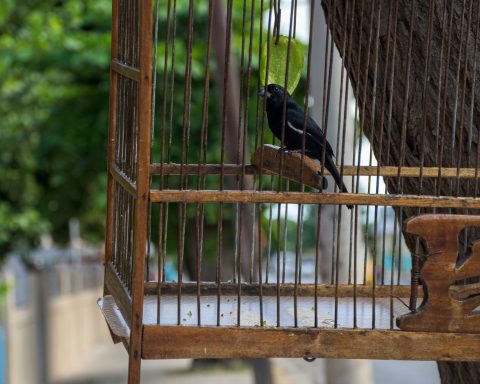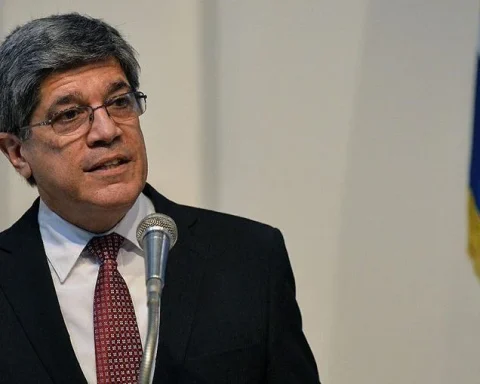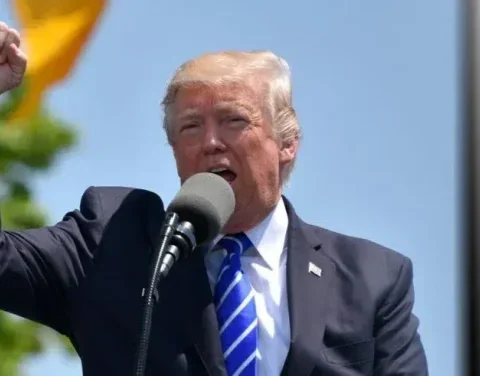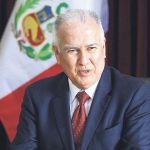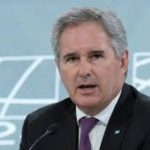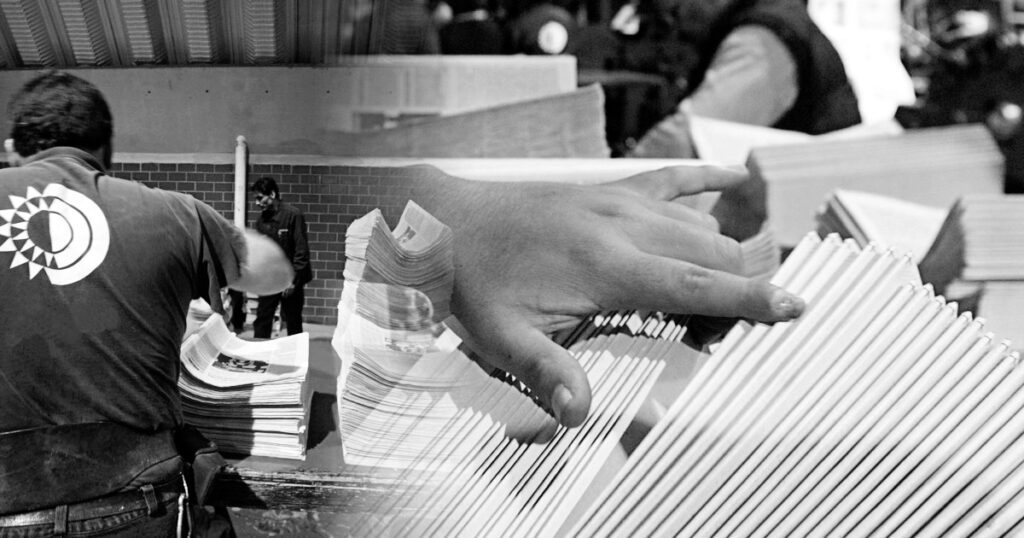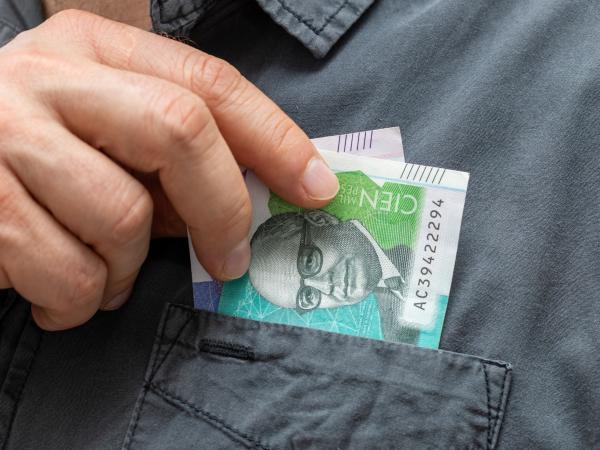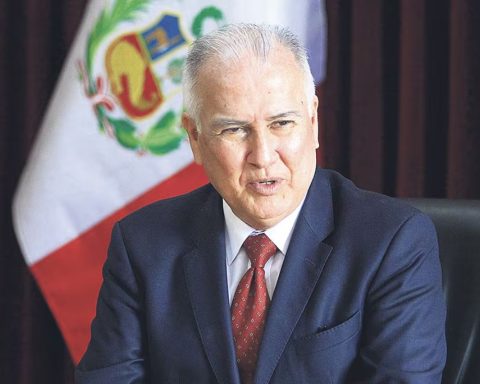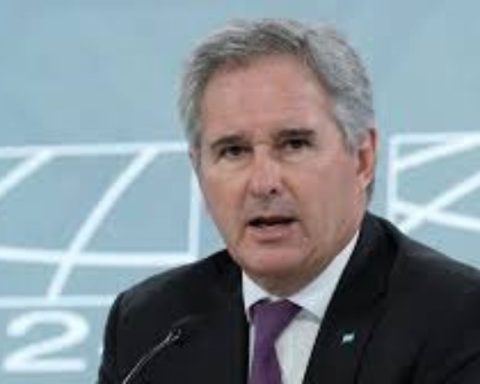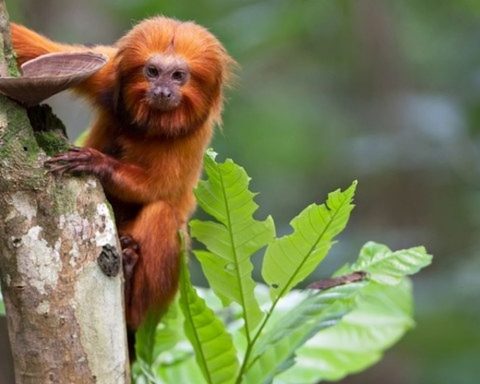The elected president of Brazil, Luiz Inacio Lula da Silvaannounced this Friday the names of the ministers of Finance, Defense, Foreign Relations, Justice and the Presidency, the first confirmed to form the government that will lead from January 1, 2023.
According to the agency efe, Fernando Haddad will be the head of the Treasury portfolio, the main one in the economic area; José Múcio Monteiro will lead the Defense Ministry; Mauro Vieira will be the chancellor; Flávio Dino will be in front of the Justice portfolio and Rui Costa in the Presidency.
We are working on the reconstruction of Brazil! Prime ministers of the new government of Brazil scaled! ??
– Lula (@LulaOficial) December 9, 2022
During the presentation of the first members of what will be his cabinet, Lula warned that they will have to work like never before because the task “will always be more difficult than what they have been given up to now.”
Haddad, 59, is one of Lula’s closest friends. While he was detained under corruption charges, he assumed the candidacy for the presidency of Brazil by the Workers’ Party in 2018, in which the far-right leader emerged victorious Jair Bolsonaro.
José Múcio, a 76-year-old engineer, former director of the Court of Accounts, the body that supervises public accounts, will arrive at the Ministry of Defense. According to the Spanish agency, he is known for his political skills and has good relations with officers of the Armed Forces.
For the Foreign Ministry, he chose Mauro Vieira, 71, who has already been in charge of Brazil’s Foreign Relations in the last two years in which Dilma Rousseff (2015-2016) led the government of the South American nation. He currently serves as the ambassador to Croatia.
To direct Brazilian justice, the progressive leader called Flávio Dino, 54, a politician who was former governor of Maranhao and current senator for that state.
Rui Costa, 59, current Governor of Bahia and one of the founders of the PT and another of the most trusted men of the president-elect would be in charge of the Presidency.
In addition, Lula reiterated the promise that in the following appointments there will be representation of “the entire Brazilian society”, something that he had warned before making the announcements.
The five announced ministers are men over 50, four of them white and Flávio Dino, the only one who identifies himself as “brown,” he specifies. efe.
Lula insisted that the appointments were made – and will be made – based on the qualifications of the people who are in charge of each portfolio and pointed out that those of this first group are “extraordinary.”
“We are going to have blacks, Indians (…) we are going to try to set up a government that is the face of Brazilian society in all its dimensions,” Lula said.
The recently elected president of Brazil announced that this Sunday he will define internally with his working group what will be the total number of ministries that his government will have and said that he will make new announcements next week.
He also indicated that before the end of the year he will present a result of what was found in the government of the far-right Jair Bolsonaro, because he wants to make clear what were the problems with which the country receives, so that later they are not blamed on his management.
“It was a government that did not prepare the administration of this country, which preferred to talk and talk and talk and failed to solve the problems that needed to be solved”
The leftist ex-president Luis Inácio Lula da Silva arrived again at the Alvorada Palace for the third time, after obtaining 50.83% of the votes and defeating until then President Bolsonaro in the second round of a close election, who obtained 49.17. % of the votes.
Following his victory, he vowed to rule beyond the Workers’ Party, with the aim of bringing centrists and even some right-leaning who first voted for him to his project.
Lula also promised to stop illegal deforestation in the Amazon and to set up a ministry for the indigenous peoples of Brazil, which will be led by an indigenous person.
EFE/OnCuba
